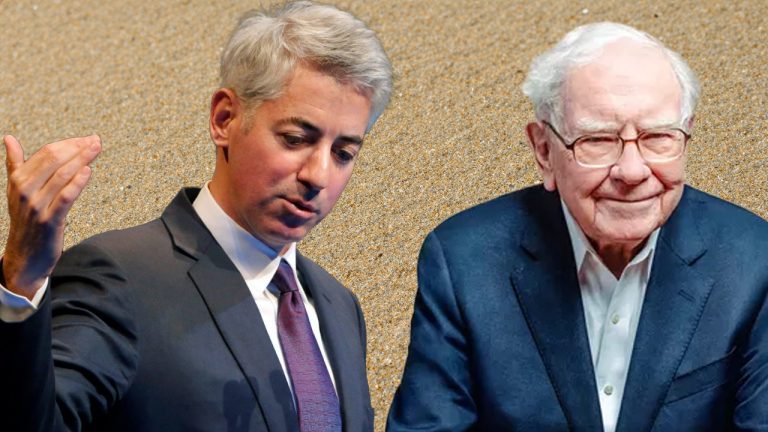Wall Street Divided: Treasury Yields Surge Sparks Intense Debates and Divergent Bets
Publikováno: 8.8.2023
 In recent weeks, Treasury yields have skyrocketed, igniting a Wall Street dispute over whether the precipitous sell-off is now overextended. A small group of prominent investors are wagering that bond prices will bounce back following the abrupt escalation in rates. Hedge Funds Place Bold Wagers Against Treasuries Amid Soaring Yields Analysts at Goldman Sachs and […]
In recent weeks, Treasury yields have skyrocketed, igniting a Wall Street dispute over whether the precipitous sell-off is now overextended. A small group of prominent investors are wagering that bond prices will bounce back following the abrupt escalation in rates. Hedge Funds Place Bold Wagers Against Treasuries Amid Soaring Yields Analysts at Goldman Sachs and […]

In recent weeks, Treasury yields have skyrocketed, igniting a Wall Street dispute over whether the precipitous sell-off is now overextended. A small group of prominent investors are wagering that bond prices will bounce back following the abrupt escalation in rates.
Hedge Funds Place Bold Wagers Against Treasuries Amid Soaring Yields
Analysts at Goldman Sachs and JPMorgan contend that the recent plunge in Treasuries has been excessive, urging investors to seize the opportunity to buy. Warren Buffett, unfazed by Fitch’s downgrade of U.S. debt, persists in purchasing billions in Treasuries weekly for Berkshire Hathaway.
Meanwhile, billionaire investor Bill Ackman has unmasked a colossal short position against Treasuries, motivated by his anticipation of enduringly elevated inflation. The benchmark 10-year Treasury note’s yield broke the 4% barrier last week, a movement inversely related to prices. This upswing trails the Federal Reserve’s assertive shift towards steep interest rate hikes aimed at quelling inflation.
First image is the treasury bond yeild curve on February 1 2022 (normal)
Second image is the treasury bond yield curve today (inverted) pic.twitter.com/vEHF8ARaD3
— Ryan Patrick Kirlin
(@RyanPKirlin) August 7, 2023
Goldman Sachs‘ strategists argue that the confluence of supply dynamics and Fitch’s downgrade doesn’t warrant the spike in yields. They forecast a “tactical” recovery in Treasuries and endorse purchasing 30-year inflation-protected bonds subsequent to yields reaching an 11-year zenith.
JPMorgan, too, views the sell-off as exaggerated. Their analysts attribute the downturn to the liquidation of overpopulated long positions rather than fresh economic insights, expressing particular optimism about 5-year Treasuries.
Billionaire Bill Ackman caused a sensation last week, disclosing a substantial short bet against 30-year Treasuries. He foresees the yield on the 30-year bond surging to 5.5%, driven by forecasts of sustained higher inflation coupled with the corresponding risk premium.
I have been surprised how low US long-term rates have remained in light of structural changes that are likely to lead to higher levels of long-term inflation including de-globalization, higher defense costs, the energy transition, growing entitlements, and the greater bargaining…
— Bill Ackman (@BillAckman) August 3, 2023
Conversely, Warren Buffett’s Berkshire Hathaway persists in acquiring Treasuries at a staggering $10 billion per week. Buffett brushes off apprehensions over Fitch’s U.S. debt downgrade, portraying Treasuries as a “no-brainer” investment, notwithstanding climbing yields.
The divergent wagers underscore the ongoing Wall Street debate regarding the potential longevity of the Treasury yield’s upsurge. Moreover, an inverted yield curve, where short-term rates have surpassed long-term yields, has intensified recession concerns.
This trend in bond markets is considered unusual and is often seen as a sign of an upcoming economic downturn, and it’s been this way for quite some time now. The inversion of the yield curve is a reliable indicator that has historically been followed by a recession in the following six to eighteen months.
What do you think about the wagers over U.S. Treasuries over the last few weeks? Share your thoughts and opinions about this subject in the comments section below.